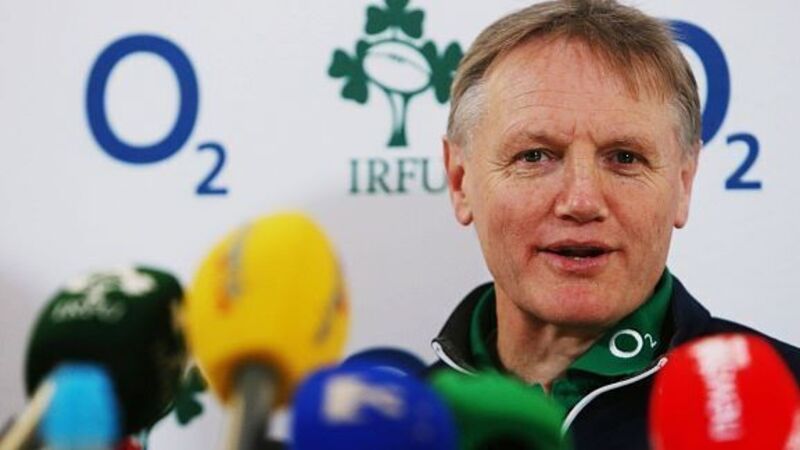After the euphoria, some difficult questions remain

He had forecast all week that Saturday’s Six Nations opener was going to go to the wire but with a kick to extend a one-point lead to four with just minutes remaining, reserve French out half Anthony Belleau had the opportunity to copperfasten what would have been a remarkable French win against the odds.
By missing that kick, Ireland were presented with a lifeline to go and rescue the clash — easier said than done. The clear advantage Ireland carried into this game in terms of experience, with 609 starting caps to 246 for France, had counted for little up to that point.















